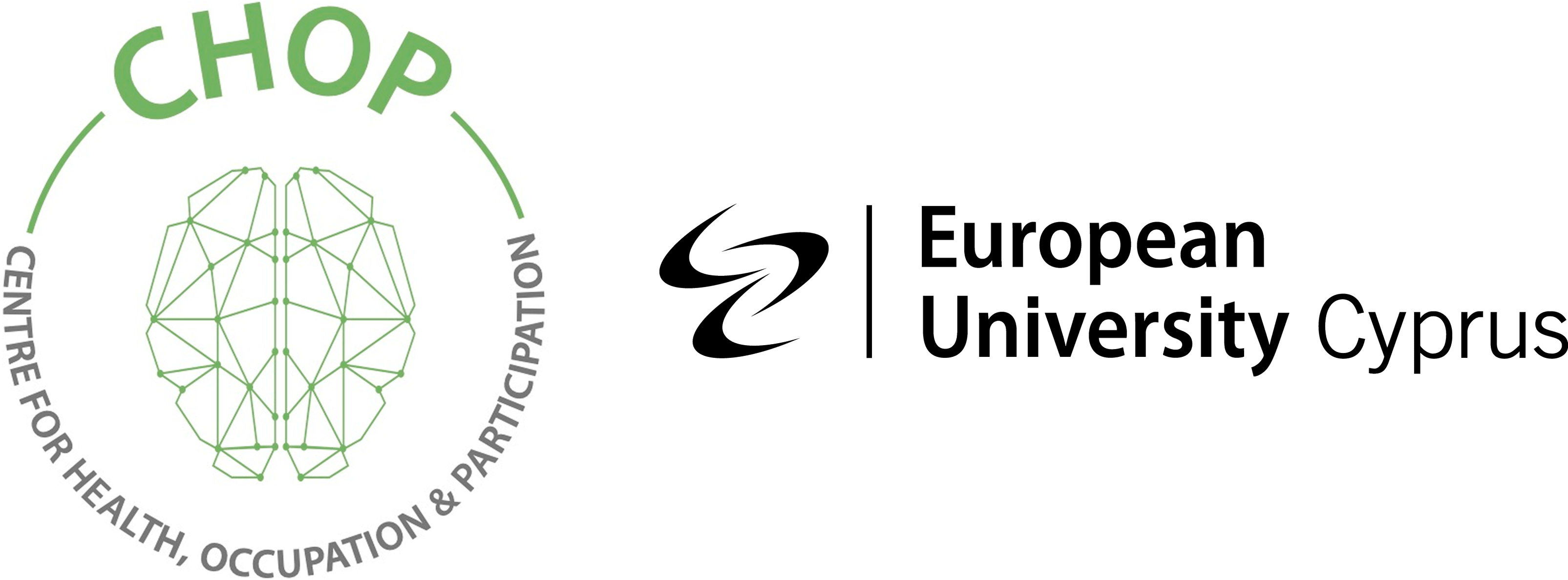
Developmental Coordination Disorder (DCD)
Appears in preschool age and becomes more noticeable in the early grades of school
Children with DCD struggle with simple daily skills such as dressing, using cutlery, or writing, and often avoid motor activities
The diagnosis is made by a pediatric neurologist or developmental specialist, with the contribution of an occupational therapy assessment. Tools such as the Movement ABC-2 and BOT-2 help us identify specific difficulties, while we also assess the impact on daily living activities
Developmental Coordination Disorder (DCD) is a neurodevelopmental disorder that affects an individual’s ability to plan and execute motor actions smoothly, accurately, and effectively. Children with DCD mainly struggle with daily life activities that require motor coordination (such as using cutlery, writing, tying shoelaces, etc.). These difficulties may affect their self-confidence, academic performance, and social integration.
Occupational therapy supports the development of motor and organizational skills, improving the child’s functionality and self-confidence. We focus on participation in important daily routines, such as dressing, play, school tasks, and social interaction.
Browse by diagnostic category
Discover the wide range of conditions we work with, from neurological and developmental disorders to physical rehabilitation. Find personalized occupational therapy services designed to meet your unique needs.
Amyotrophic Lateral Sclerosis (ALS)
Brachial Plexus Injury-BPI (Obstetrical Palsy)
Cerebral Palsy (CP)
Cerebrovascular Accident (Stroke)
Multiple Sclerosis (MS)
Spinal Cord Injury (SCI)
Traumatic Brain Injury (TBI)
Autism Spectrum Disorder (ASD)
Attention-Deficit/Hyperactivity Disorder (ADHD)
Developmental Coordination Disorder (DCD)
Learning Difficulties

Working with DCD in the PlastiKids Lab
We empower children to build everyday skills, confidence, and connections through playful learning, personalized support, and strong partnerships with families and educators.
